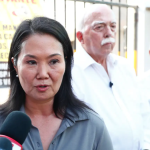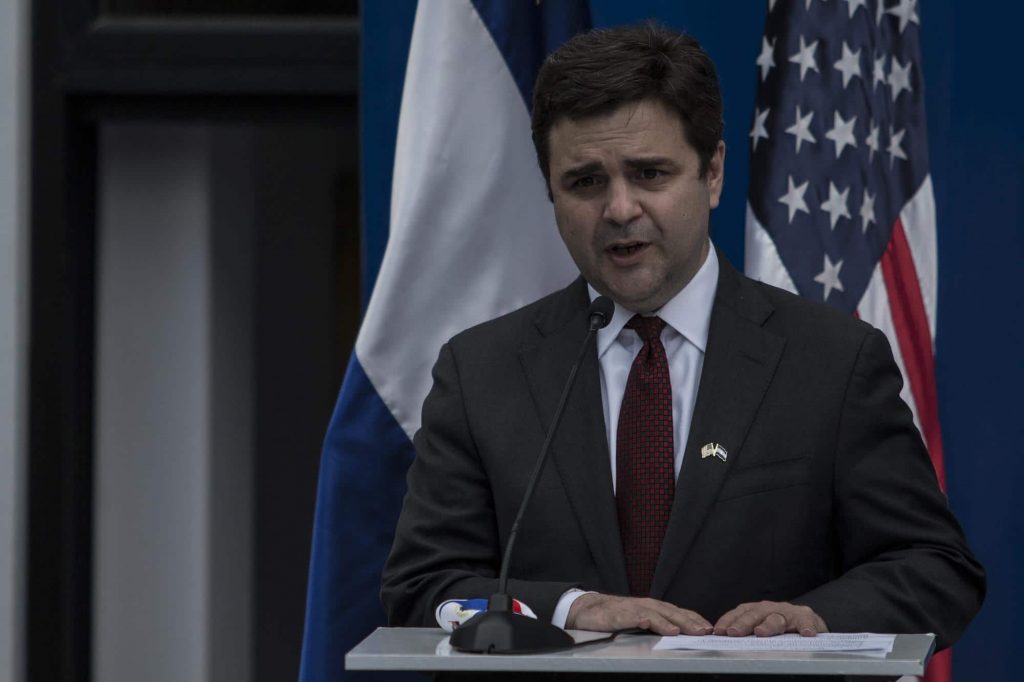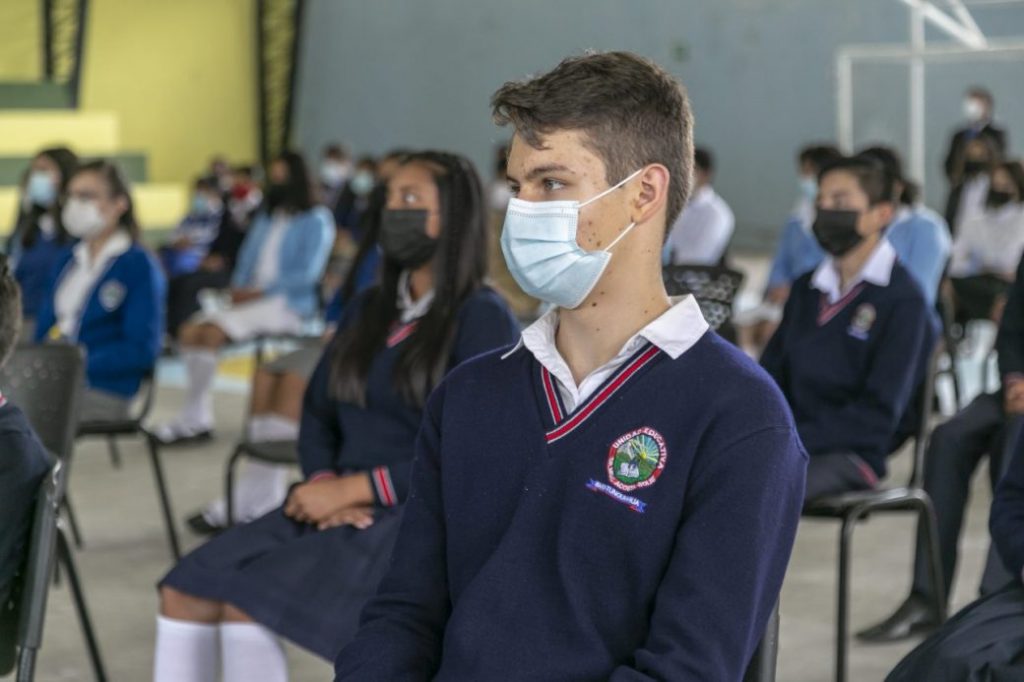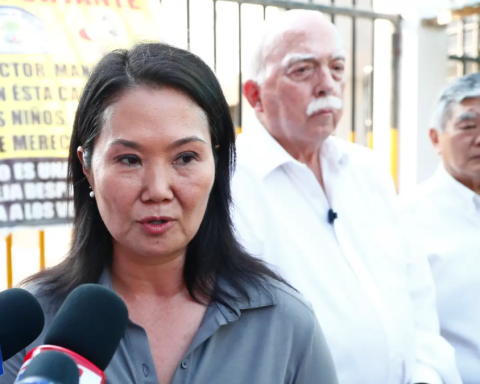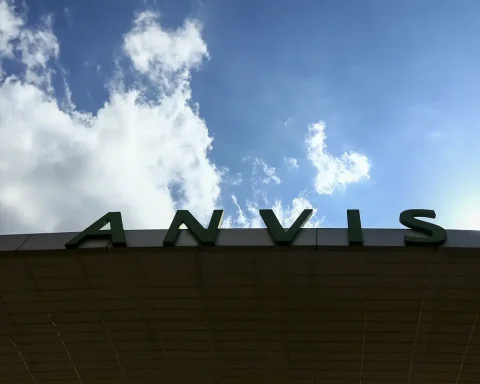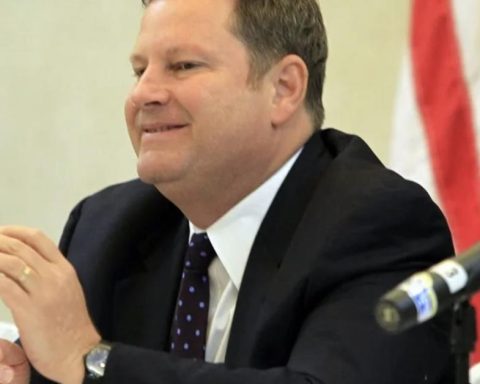It happens, for example, when the separation of powers is disrupted because one of the powers, normally the Executive, exercises undue influence or even tries to control other powers or organs of the State until they become dysfunctional or subject them to its will. How? Promoting changes in the rules that govern them, reducing their budget, questioning the honesty of those who head it, threatening them veiled or openly, naming in their place loyalists or people without experience or knowledge to exercise those responsibilities, instrumentalizing their social support as ram to bend them, in short, resorting to a wide menu of maneuvers to upset the system of weights and counterweights.
It also happens when the government ignores its obligation to guarantee effective access to rights, when instead of governing for all it governs only for its own, so that the exercise of freedom of expression, protest, or association, among others, it is politicized to the point of interpreting it as a challenge or a provocation, as an act more typical of the opposition than of the citizens. Or when the government permanently antagonizes naturally critical and rebellious sectors such as the press, universities, arts or culture, civil society organizations, women’s movements, sexual diversity, ethnic minorities or migrants.
This has happened in many countries, around the world: democracies deteriorate when their institutions are weakened and people’s rights are not respected. They become, shall we say, less democratic. However, in a very strict sense – minimalist, procedural – they remain democracies as long as their elections are free and fair, as long as the will of the majority is respected, as long as there is certainty about the rules and uncertainty about the results, as long as the election is possible. alternation in power. They may be more or less democratic, but they do not cease to be democracies as long as the integrity of their electoral processes is not in question.






